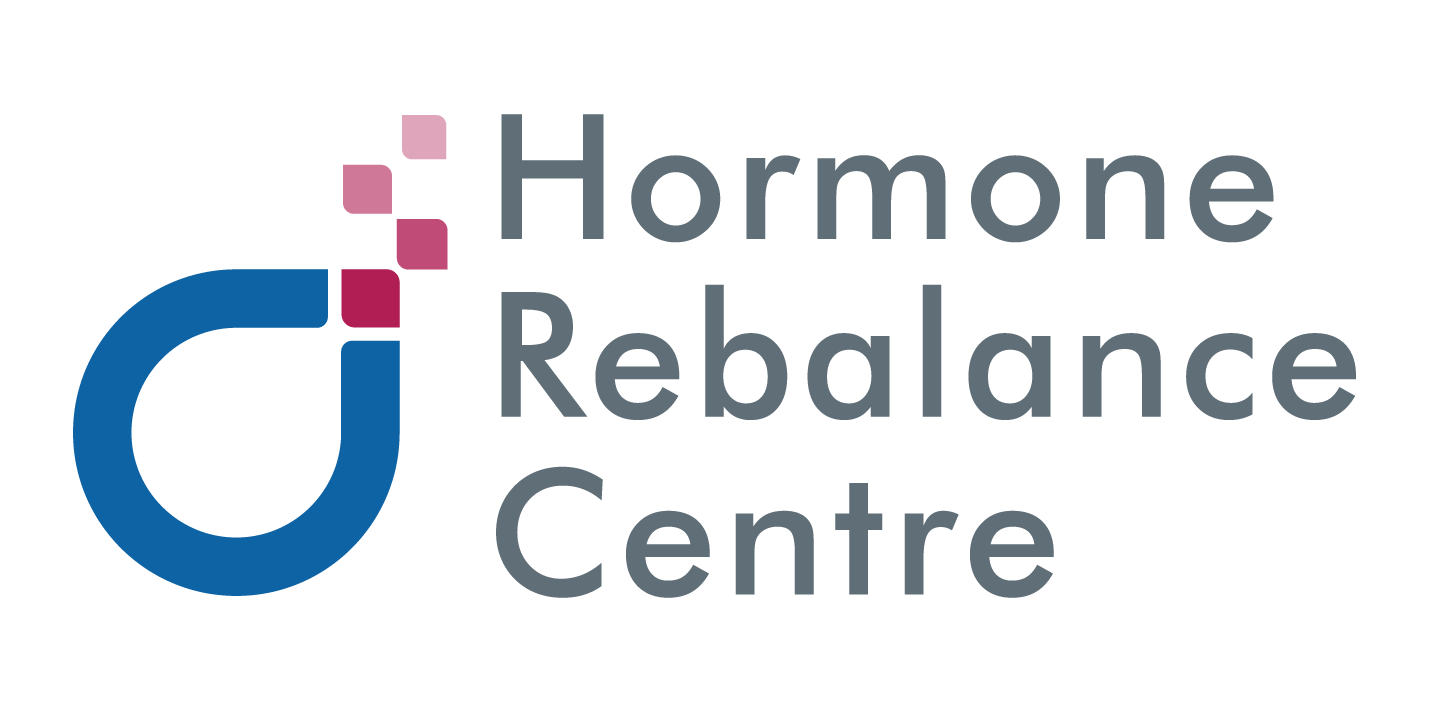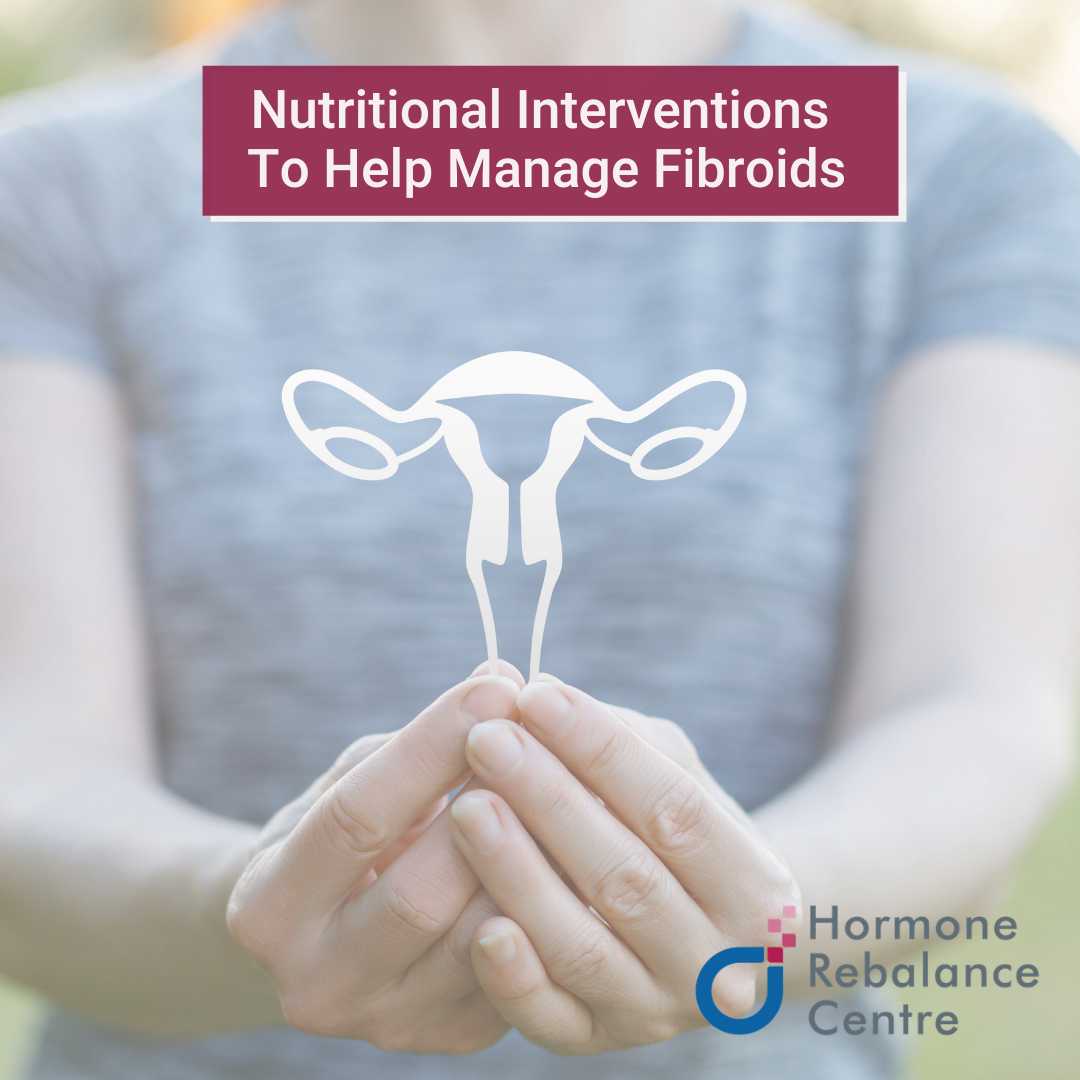Uterine fibroids are non-cancerous growths in the uterus, also known as “leiomyomas”.
It is estimated that by the age of 50, up to 70% of Caucasian women and more than 80% of African-American women will have them.
Common risk factors for having fibroids include race, age, family history, being overweight and having insulin dysregulation, as well as hormonal imbalance (specifically with estrogen and progesterone).
While uterine fibroids aren’t associated with an increased risk of uterine cancer and almost never develop into cancer, most women who have them may experience mild to severe symptoms that interrupt their quality of life.
Symptoms of fibroids include:
- Abdominal pain
- Abdominal bloating
- Heavy bleeding or bleeding that lasts more than 7 days
- Urgful urination and/ or difficulty urinating
- Chronic pelvic pain
- Painful intercourse
- Anemia due to blood loss
- Fertility concerns
- You may have no symptoms at all
If fibroids are negatively impacting your quality of life, you don’t have to suffer! The goal with treatment of fibroids is to get to the root cause, alleviate the symptoms and allow you to live happy and healthy. Naturopathic treatment of fibroids can be beneficial, especially if you are willing to make lifestyle and non-invasive changes.
Nutritional Interventions for Managing Fibroids:
Managing symptoms and growth of fibroids starts with changes in lifestyle, including diet and stress levels. Here are some tips to consider:
1. Correct Estrogen and Progesterone imbalance:
a. First Test. Fibroids contain more estrogen and progesterone receptors than normal uterine muscle cells do and therefore they are more likely to grow in an environment where there is hormonal imbalance.
It is best to first test your sex hormone levels to trully understand whether you actually have excess estrogen levels, low or high progesterone levels and generally how you are detoxifying your hormones because poor detox can lead to a buildup of sex hormones in the system.
Once you know what hormonal imbalance you may have, then you can get a lot more targeted with your treatment plan.
b. Eat at least 1 cup of cruciferous vegetables per day. This group of foods helps the body better metabolize and detoxify excess estrogen in the body. Eat at least 1 service per day of the following foods (in raw or cooked form): cabbage, broccoli, cauliflower, kale, Brussels sprouts, arugula, etc.
2. Follow an anti-inflammatory, high fiber, high antioxidant diet:
a. Reduce inflammatory foods. Data shows that eating red meat, pork and consuming alcohol (even a small amount) can contribute to the growth of fibroids. By removing these foods from your diet, or severely limiting them to special occasions, you can have a positive impact on the size of uterine fibroids. These changes can occur slowly as you learn to adapt to a new eating paradigm, but including lots of antioxidants through colorful fruits and veggies is also suggested!
b. Add seeds to your diet. Flaxseeds, chia seeds, pumpkin seeds and hemp seeds are all a great source of fiber that doesn’t pack up the carbs to your diet. Fiber will not only help reduce bloating and abdominal discomfort that may be associated with fibroids, but will also help bulk up the stool to support proper elimination of hormones from your system.
3. Increase foods with natural digestive enzymes:
a. Raw papaya and pineapple are packed with natural pancreatic enzymes that can help break down fibrous tissue and dissolve fibroids. It’s important to make sure to consume these foods between meals so the enzymes will work on the fibroids instead of digesting food.
4. Balance blood sugar levels:
a. Reduce excess body weight. Being overweight and having insulin dysregulation is a risk factor in and of itself for fibroids. One of the best ways to tackle weight loss is through blood sugar dysregulation. Low carb diet, high in healthy fats, protein and fiber will be a win-win situation for your waistline and your fibroids!
5. Managing Pain.
Pain management for fibroids can be challenging, but there are a few ways to manage pain:
a. Applying heat to the abdomen
Castor oil packs are also a great way to reduce pain and any associated inflammation. You can read more about using castor oil packs in our article called
b. Castor Oil: From Bloating, Belly Fat to Breast Health and Beauty
Living with uterine fibroids can be a challenge and down right painful at times, but with some dietary changes and weight management, you can change your story!
For the most individualized and targeted treatment plan, consider a comprehensive testing workup that includes assessing for sex hormone imbalance (estrogen/progesterone), blood sugar dysregulation and liver and detoxification ability.
Our team at Hormone Rebalance Centre is always happy to help! Book your complimentary discovery call with us today to see how we can help!
Sources:


No Comments